
- International
With severe violence and severe economic crisis, Syria is suffering from cholera
- International
- 27 October, 2022 01:10:55
International Desk : Syria, the war-torn country in the Middle East, is facing 'intense violence'. The country is also facing its worst economic crisis since the war began in 2011. In addition, the outbreak of cholera is spreading rapidly in this Middle Eastern country.
More than 24,000 suspected cholera patients have been identified in Syria so far, and at least 80 of them have died. This information was reported by the AP news agency on Wednesday (October 26) citing UN officials.
UN Special Envoy Geir Pedersen told the UN Security Council on Tuesday that the conflict across Syria remains "very active" despite a "strategic stalemate" that is hampering efforts to launch a political process between the country's government and opposition.
In this regard, he pointed to the clashes between armed opposition groups in Afrin, northern Aleppo province, airstrikes by pro-government forces in the northwest, violence in the northeast, security incidents in the southwest, Israeli airstrikes at Damascus and Aleppo airports in recent weeks.
Pedersen said the Syrian currency, the pound, has lost significant value in recent weeks ... resulting in record food and fuel prices in the country. As winter approaches, the ongoing economic crisis in Syria will be "the worst for a large number of people" in the country and additional funding is urgently needed to deal with it, he warned.
"Syria's conflicted communities are caught between security, public health and economic crises," UN humanitarian director Rina Gilani told the Security Council. And this situation has practically left many in the face of 'struggle for survival'.
He said cholera outbreaks have worsened due to Syria's severe water shortages, and insufficient rainfall has led to severe drought-like conditions in many places. The crisis has also been compounded by falling water levels in the Euphrates River and damaged water infrastructure.
'The ongoing crisis is likely to worsen: there are indications of below-normal rainfall and above-normal temperatures between now and December,' says Geelani. If indeed something like that happens, it will exacerbate the existing dire water crisis in Syria.'
He also said that a three-month plan has been drawn up to deal with the cholera outbreak in coordination with the United Nations. This requires USD 34.4 million to provide water, sanitation and hygiene equipment on demand to 5 million people and support health services to 162,000 people.
According to him, the United Nations will provide about 10 million US dollars. But still much more is needed.
Meanwhile, crop production in Syria is also suffering due to water scarcity. This is the lowest wheat production in Syria since the start of the war due to water shortages. As a result, the livelihood of farmers is threatened, said Gilani.
He says food insecurity rates are "spiralling out of control", malnutrition rates are rising and "Syrians can now buy only 15 percent of what they could buy three years ago".
Gilani said the crisis is increasing as winter approaches. The number of people needing help to survive the winter across Syria has risen by 30 percent compared to last year. Out of which, about 2 million people in the north-western region are living in camps. There is very limited access to heat, electricity, water or sewage.
It should be noted that the civil war has been going on in Syria for 11 consecutive years. The conflict that began in Syria in 2011 with a deadly crackdown on a protest against President Bashar al-Assad; That later turned into a civil war, which is still going on.
The decade-long conflict has killed at least 380,000 people and displaced half of the country's population. At least 6 million Syrians have taken refuge as refugees in different countries.


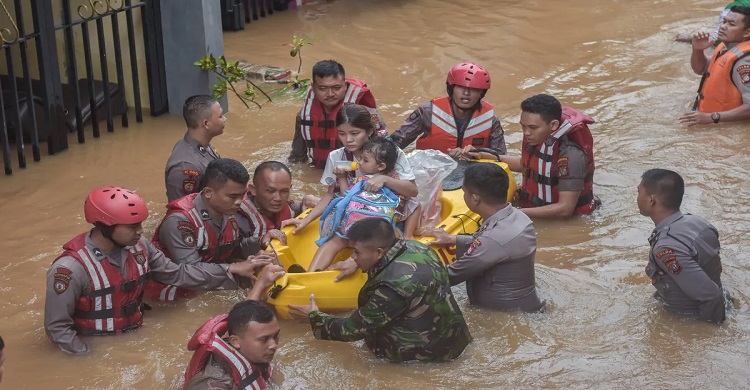
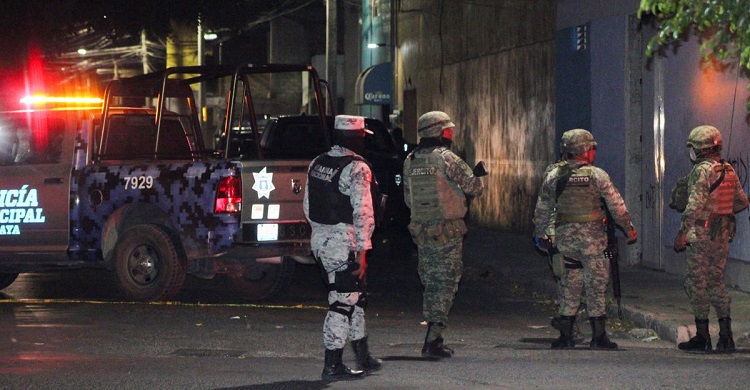
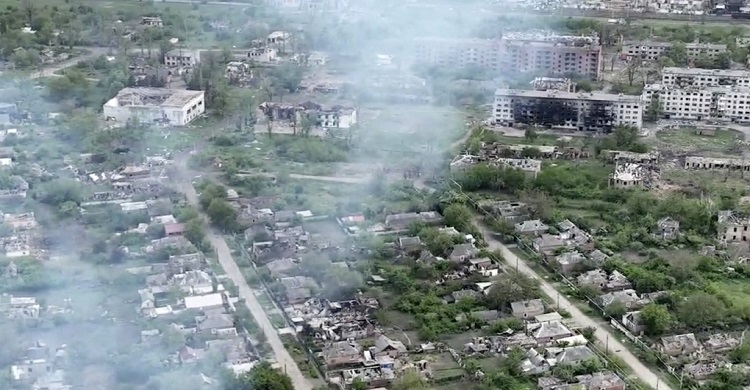
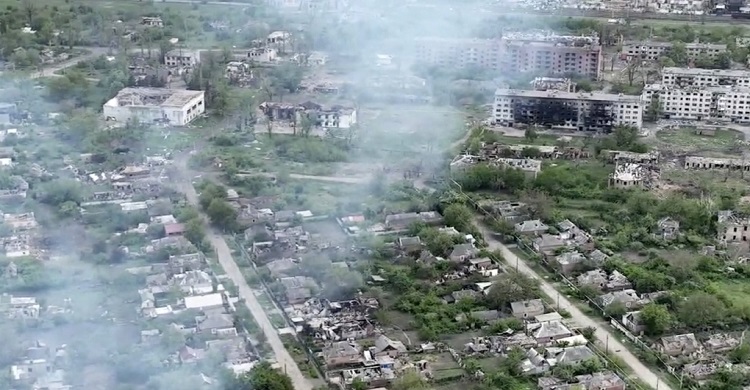

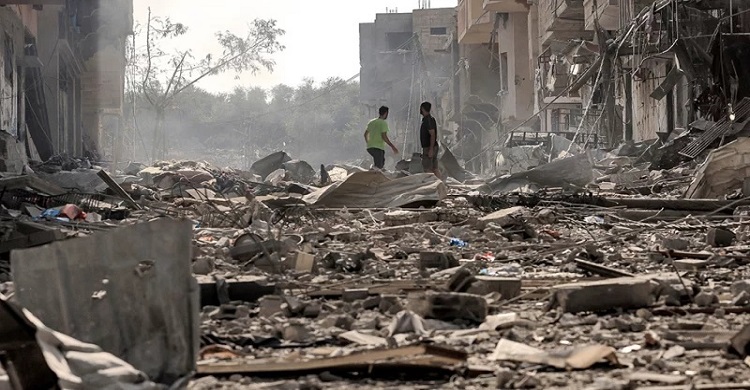
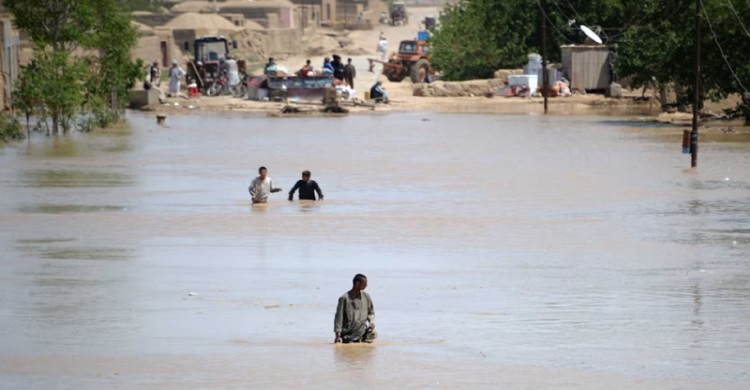
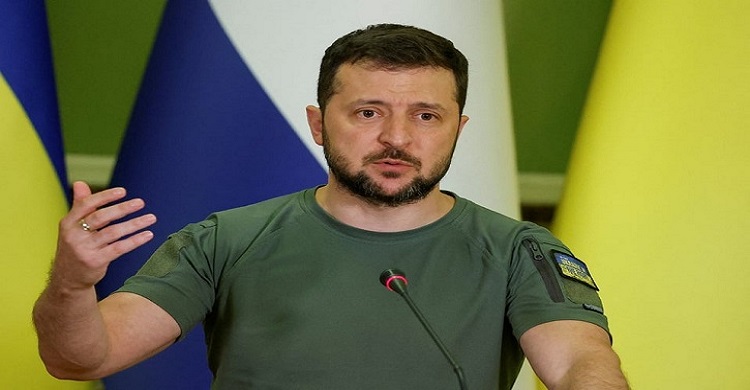

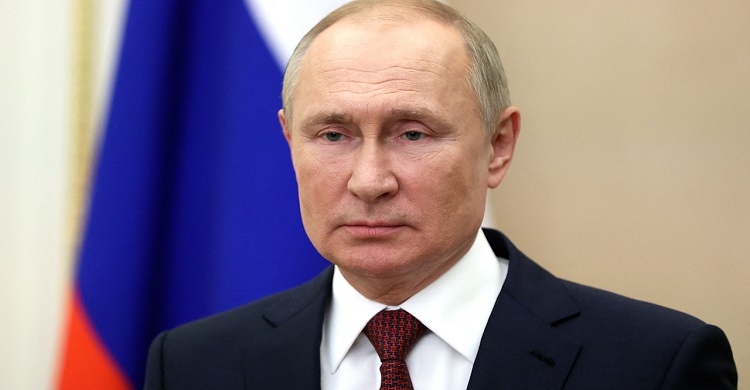
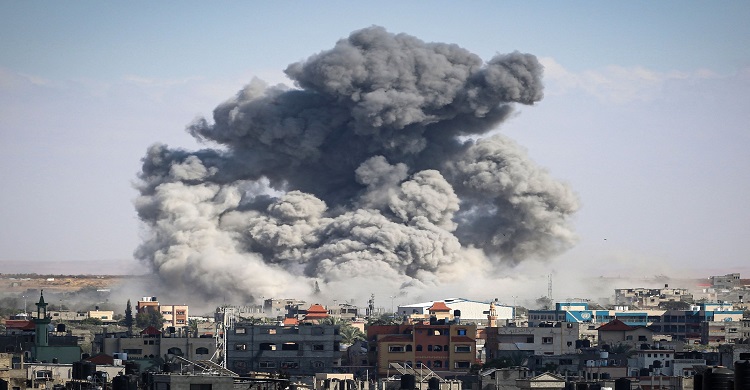
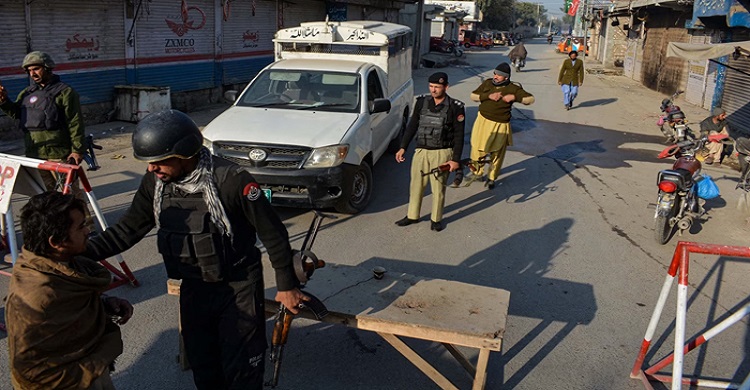
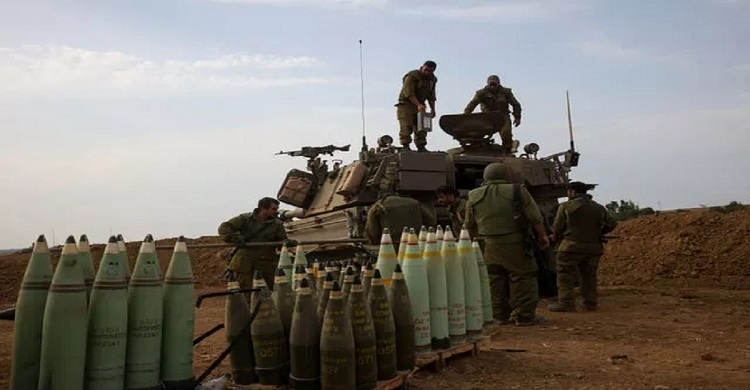
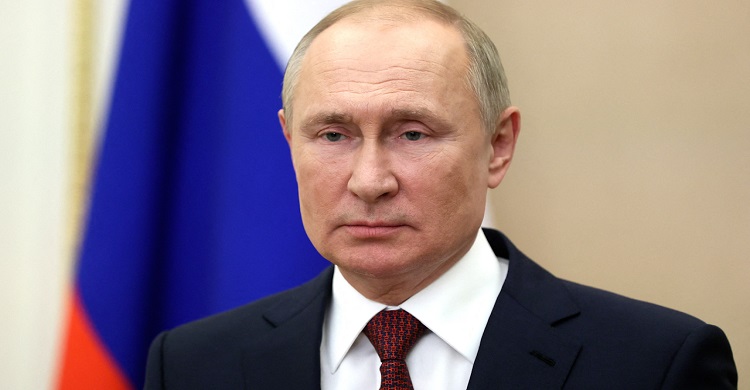
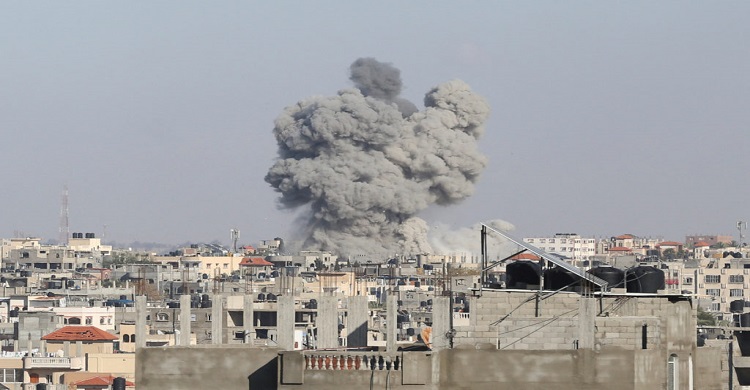
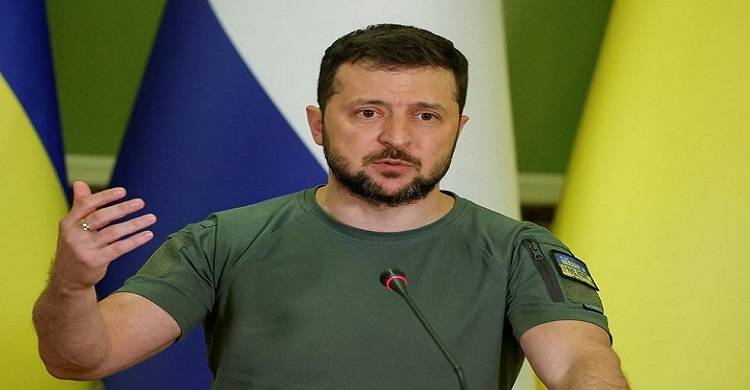
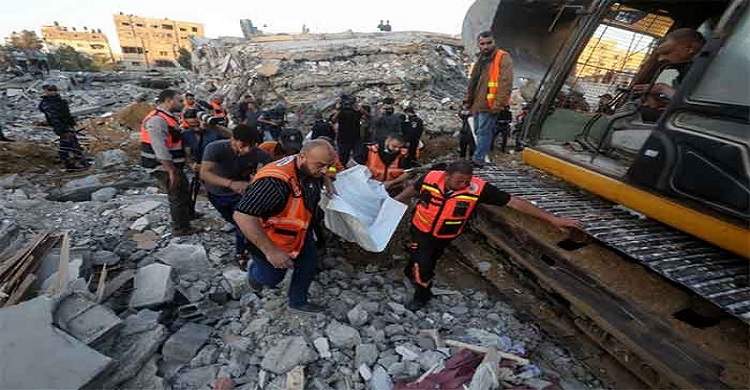
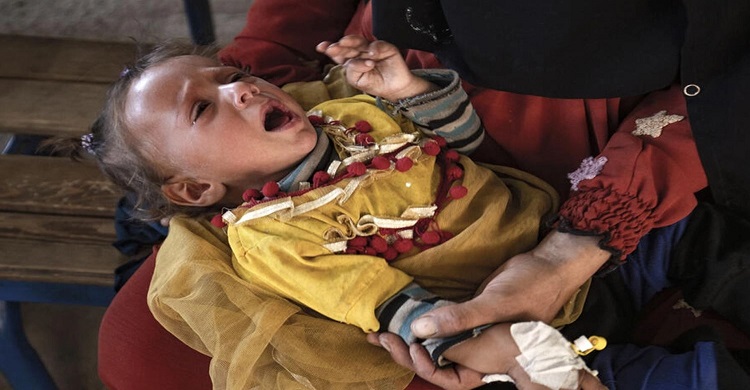








Comment ( 0)